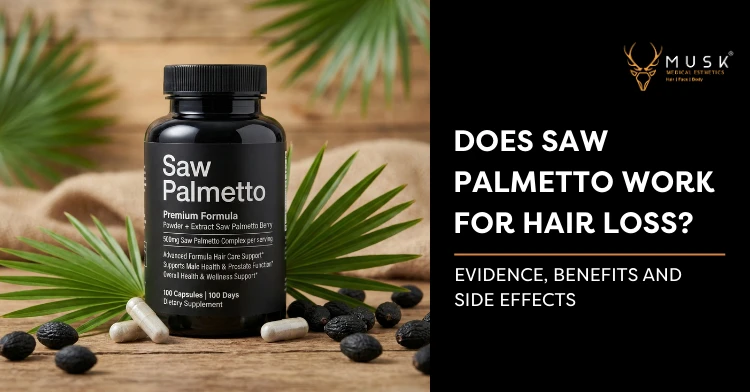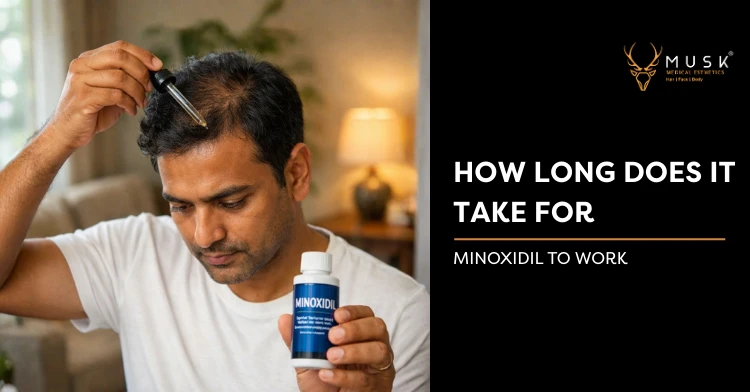Does Caffeine Cause Hair Loss? Myth vs. Science — What Research Really Says

Does Caffeine Cause Hair Loss? The Surprising Truth
Let's address the burning question first: No, caffeine does not directly cause hair loss when consumed in moderation. In a surprising twist, scientific evidence strongly suggests that caffeine, especially when applied directly to the scalp, can actually stimulate hair growth and help defend against common forms of hair loss.
The connection between your morning coffee and the health of your hair is a topic filled with myths and misinformation. At Musk Clinic, we are committed to clearing the confusion with science-backed facts. This guide will delve deep into the research, separating myth from reality to help you understand caffeine's true role in hair health.
What is the Real Cause of Hair Loss?
To understand caffeine's role, we first need to know what typically causes hair loss. For most individuals, hair thinning isn't due to diet or lifestyle choices alone. The primary driver is often a combination of genetics and hormones, a condition known as androgenetic alopecia.
This condition, also called male or female pattern baldness, is the most prevalent cause of hair loss globally. It is triggered by a powerful hormone called dihydrotestosterone (DHT). Your body naturally produces DHT as a byproduct of testosterone, and for those with a genetic predisposition, it can be detrimental to hair.
DHT attaches to receptors in hair follicles, initiating a process called miniaturization. This process shortens the hair's growth phase (anagen) and shrinks the follicle, causing the hair produced to become progressively thinner, shorter, and weaker until it stops growing altogether.
Of course, other factors can also lead to hair loss, including:
- Telogen Effluvium: A temporary form of shedding caused by significant physical or emotional stress, illness, or hormonal shifts.
- Alopecia Areata: An autoimmune disorder where the body's immune system mistakenly attacks hair follicles.
- Nutritional Deficiencies: A lack of essential vitamins and minerals like iron, zinc, and biotin can disrupt hair growth.
- Medical Conditions: Issues like thyroid disorders can significantly impact the hair growth cycle.
Understanding your specific cause of hair loss is the first step toward effective treatment.
How Does Topical Caffeine Affect Hair Follicles?
This is where the science gets exciting. The most compelling evidence for caffeine's benefits comes from studies on its topical application—meaning when it's applied directly to the skin of the scalp.
A groundbreaking 2007 study published in the International Journal of Dermatology provided the first major insights. Researchers took scalp biopsies from men with androgenetic alopecia and kept the hair follicles alive in a lab setting. When exposed to DHT, the follicles began to shrink, but when caffeine was added, it effectively counteracted DHT's negative effects.
The study found that caffeine works through a multi-pronged approach:
- It Counteracts DHT: Caffeine helps to protect hair follicles from the miniaturizing effects of DHT, allowing them to remain healthy and productive.
- It Stimulates the Hair Shaft: The research showed that caffeine application led to a significant stimulation of hair follicle growth, resulting in longer hair shafts.
- It Prolongs the Anagen Phase: Caffeine extends the active growth phase of the hair cycle, meaning hair grows for a longer period before it is shed. This leads to thicker, more robust hair over time.
What is the Science Behind Caffeine's Action?
How does caffeine achieve these impressive feats? The mechanism is linked to its ability to inhibit an enzyme called phosphodiesterase. By inhibiting this enzyme, caffeine increases levels of a molecule called cyclic AMP (cAMP) within cells.
Higher cAMP levels boost cellular metabolism, encouraging cells to proliferate and remain more active. For hair follicles, this means increased energy and stimulated cell division, which translates directly into more robust hair growth. Essentially, caffeine provides an energy boost right where it's needed most—at the hair root.
Can Drinking Coffee Help Your Hair?
While the science for topical caffeine is strong, the same cannot be said for drinking it. When you drink a cup of coffee, the caffeine is metabolized by your liver and distributed systemically throughout your body. Only a minuscule, insignificant amount ever reaches the hair follicles on your scalp.
To achieve the concentration of caffeine needed to produce the effects seen in lab studies, you would have to consume a dangerously high amount of coffee—estimated to be around 50 to 60 cups per day. This level of consumption would lead to severe health issues, such as caffeine toxicity, far outweighing any potential hair benefits.
Therefore, relying on your daily espresso to boost hair growth is not a viable or safe strategy. The benefits of caffeine for hair are unlocked through direct, topical application.
Could Drinking Too Much Coffee Harm Your Hair?
While moderate coffee intake won't cause hair loss, excessive consumption could indirectly contribute to it. Consuming very high levels of caffeine daily can trigger a stress response in your body.
This response involves the release of the stress hormone cortisol. Chronically elevated cortisol levels have been linked to telogen effluvium, a condition where a large number of hair follicles prematurely enter the shedding phase.
Furthermore, excessive caffeine can disrupt sleep patterns and may interfere with the absorption of vital nutrients like iron, both of which are crucial for maintaining a healthy hair growth cycle. Moderation is key; 1 to 3 cups of coffee per day is generally considered safe and is unlikely to have any negative impact on your hair.
Do Caffeine Shampoos Work?
With the promising research on topical caffeine, the market has seen an explosion of caffeine-infused shampoos, serums, and tonics. But the question remains: are they effective? The answer depends heavily on the product's formulation.
For a caffeine shampoo to work, it must meet two criteria: the caffeine concentration must be adequate, and the formulation must allow the caffeine to penetrate the scalp and reach the hair follicles. Research suggests the caffeine needs to remain on the scalp for at least two minutes to be absorbed effectively.
When choosing a product, look for shampoos specifically formulated for hair thinning with transparent ingredient lists. However, it's important to set realistic expectations. While these shampoos can be a great supportive part of a hair care regimen, they are not a standalone cure for significant hair loss. They are best used as a complementary treatment.
How Should You Use Caffeine for Your Hair?
If you want to leverage caffeine's potential, integrating it correctly into your routine is crucial.
- Use High-Quality Products: Opt for shampoos, conditioners, or serums from reputable brands that specialize in hair loss solutions.
- Apply Directly to the Scalp: When using shampoos or treatments, focus the application on the scalp and gently massage it in to boost circulation and absorption.
- Be Consistent: Like any hair loss treatment, results from topical caffeine require consistent, long-term use. You may need to use the product for at least 3-6 months to notice a difference.
- Combine with Proven Treatments: For more advanced hair loss, topical caffeine can be used alongside FDA-approved treatments like Minoxidil or medically prescribed options like Finasteride. Always consult a specialist before combining treatments.
What Are the Potential Side Effects?
Topical caffeine is generally considered very safe with a low risk of side effects. However, it's wise to be aware of the following:
- Generally Safe: Because it is applied to the skin and very little enters the bloodstream, the risk of systemic side effects is extremely low.
- Potential Skin Reactions: Individuals with sensitive skin might experience mild, localized reactions on the scalp, such as:
- Irritation
- Redness
- Itching
- What to Do: If you notice any adverse reactions, it is best to stop using the product immediately.
- Recommended Precaution: To minimize risk, always perform a small patch test on your skin before applying a new caffeine-based product to your entire scalp.
The Final Verdict: Myth vs. Science
So, let's circle back to our original question. The idea that caffeine, particularly drinking coffee, causes hair loss is a myth. The science actually points in the opposite direction, revealing that topical caffeine is a promising ingredient for supporting hair growth and fighting the effects of DHT.
The key distinction is the method of application. While drinking coffee won't help your hair grow, applying it directly to the scalp through well-formulated products can provide tangible benefits for those with androgenetic alopecia.
Taking the Next Step with Musk Clinic
Understanding the science behind hair loss is the first step, but a generic solution rarely works for everyone. Hair loss is a complex medical condition that requires a personalized diagnosis and a customized treatment plan for the best results. Relying solely on over-the-counter products may not be enough to address the root cause of your specific issue.
At Musk Clinic, we go beyond the surface. Our experts, led by Dr. Anand Shah, use advanced diagnostic tools to identify the precise cause of your hair thinning. We believe in a holistic approach, creating customized treatment strategies that may include advanced therapies, medical treatments, and advanced procedures like robotic hair transplants. We provide solutions that deliver real, lasting results.
Don't navigate the complexities of hair loss alone. Let our team of dedicated specialists guide you toward restoring not just your hair, but your confidence.
Frequently Asked Questions (FAQs)

Dr. Anand B. Shah
- 10 Years of Experience
Dr Anand B. Shah, is a board-certified Maxillofacial & Craniofacial surgeon who is highly skilled in cosmetic facial and hair restoration surgery and has exclusively practised the same, internationally and nationally.











